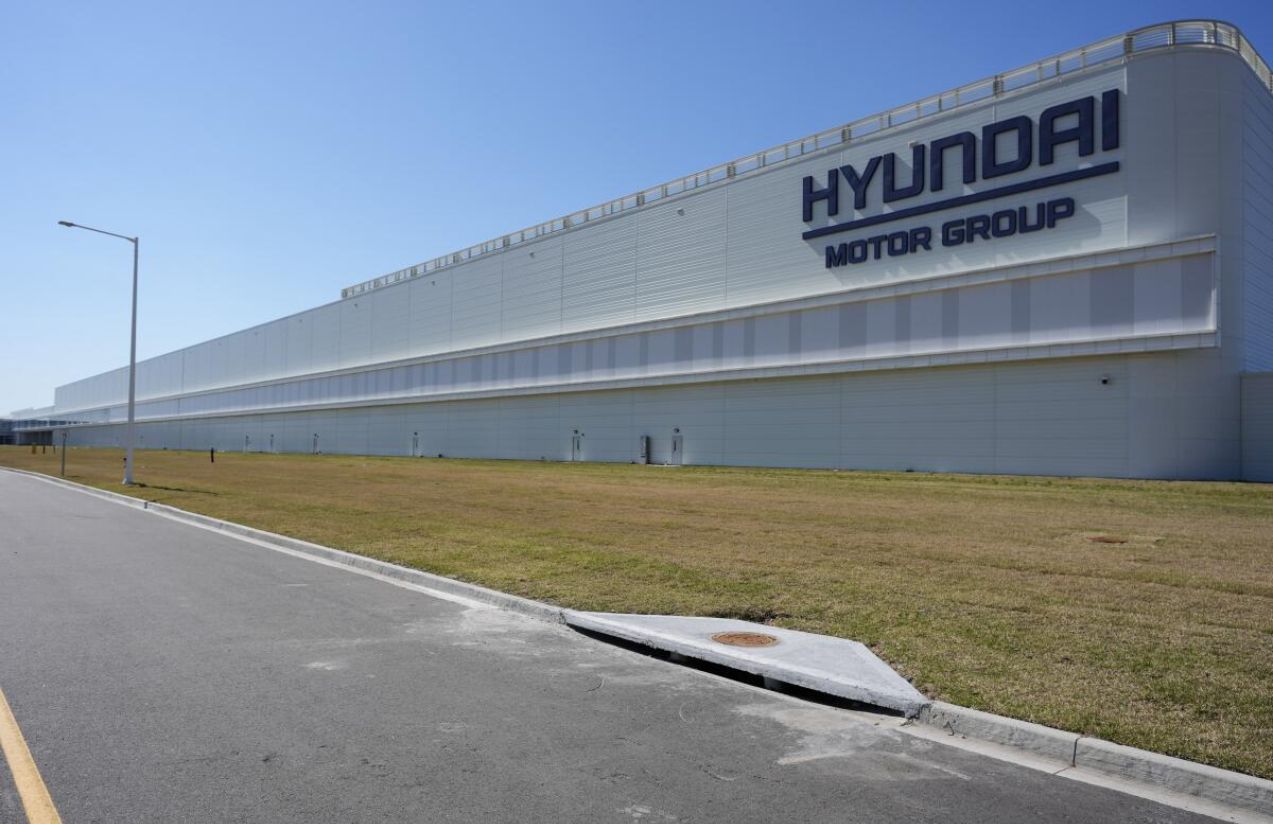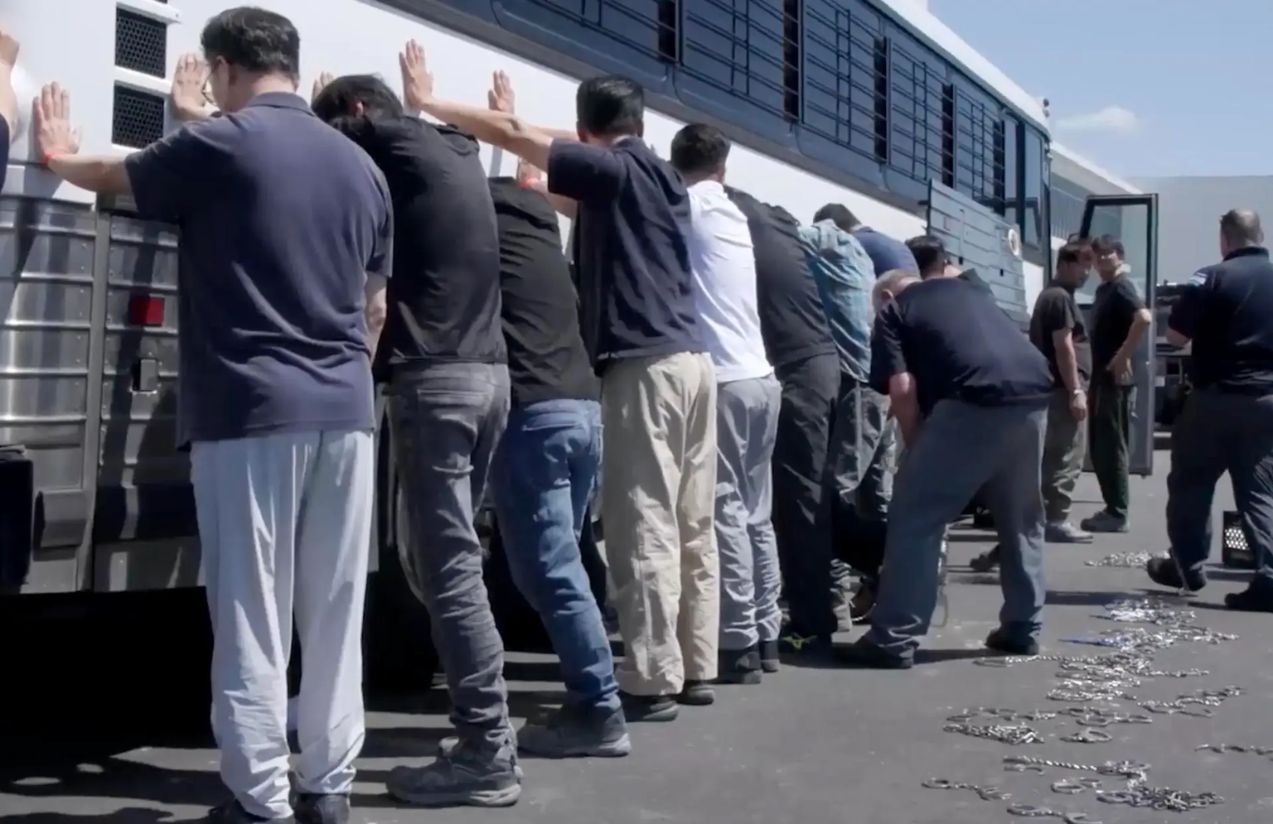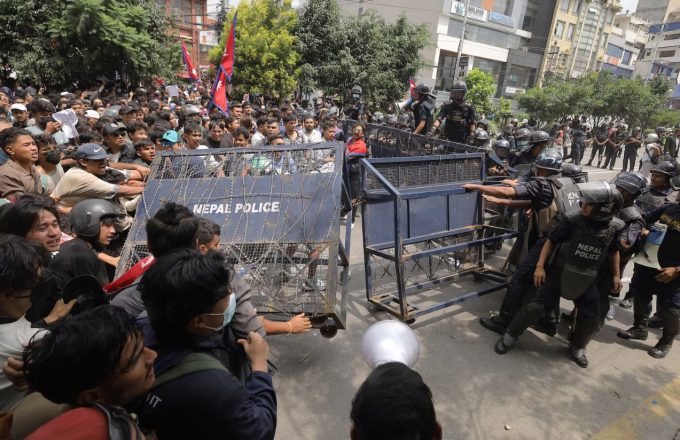On September 4, a large operation was carried out by the U.S. Immigration and Customs Enforcement (ICE), which resulted in the detention of nearly 475 people at a Hyundai plant in Ellabell, Georgia, in what is considered one of the largest labor raids against immigrants in the past decade. Most of those detained were citizens of South Korea, Colombia, Chile, Mexico, Venezuela, and other countries, who now remain in a constant state of legal uncertainty.
In response, Rosie Harrison, leader of Grow Initiative, an organization that helps low-income families, stated that since the Hyundai raid their phones have not stopped ringing with desperate calls for help, as many of these families depended financially on the men and women who worked there. Meanwhile, other workers with valid permits were also arrested, which has generated greater outrage among lawyers and immigration rights advocates.

What happens to those who do have their documents in order?
Although several of the detainees had legal authorization, work permits, or political asylum status, many remain in custody without a clear explanation as to why they were arrested, having been included in the raid solely at ICE’s discretion.
The massive operation earlier this month has also reignited diplomatic tensions with South Korea, whose government has demanded explanations of what happened. Some community organizations argue that ICE’s flawed procedures could undermine the trust of legal workers who were affected, as their negative experience leaves them with fear and confusion about their status in the United States.












